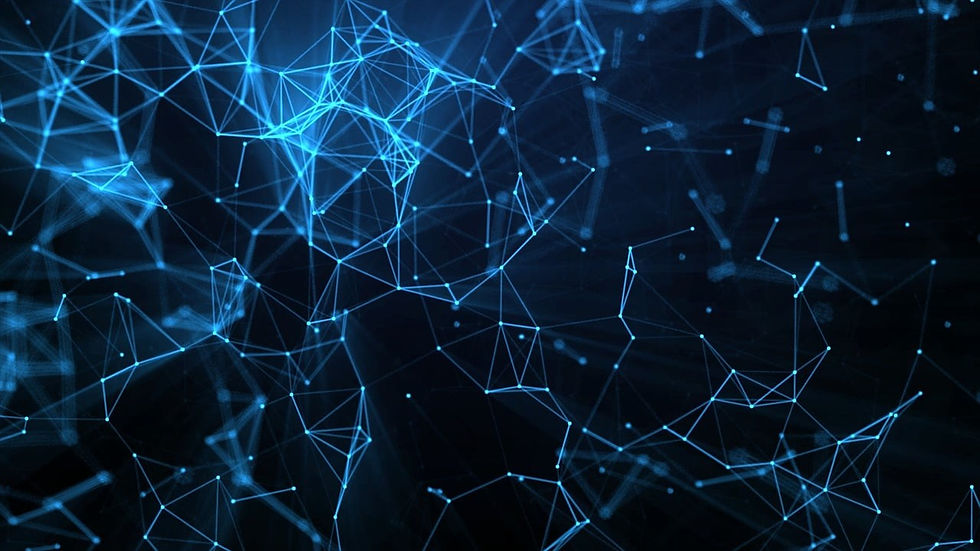𝗛𝘂𝗺𝗮𝗻𝗶𝘁𝘆 & 𝗔𝗜: 𝗩𝗮𝗹𝘂𝗲 𝗼𝗳 𝗙𝗮𝗶𝗹𝘂𝗿𝗲
- Benjamin

- Mar 6, 2024
- 2 min read
Updated: Apr 7, 2024

What will be humans' role as AI becomes ubiquitous?
This post is part of a series discussing humanity's enduring value. The series aims to encourage more startups to reinforce humanity, not replace it. The full premise is below.*
AI is meant to operate flawlessly despite its current challenges with hallucinations, mistakes, and misrepresentations.
While AI strives for perfection, that goal is impossible for AI and people. In fact, many times, when we struggle with failure, persevering is meaningful.
In sports, art, and business, you strive to find the right approach after countless attempts that don't work the way you want. Success comes from constantly trying to improve. Failure is not an end, simply bumps in the road which make us slow down while heading in the right direction.
Failure has other benefits for us, too.
Fostering Innovation: Following a mistake, we can discover innovative solutions. In a crisis, the pressure may force a new, incredible opportunity.
Many startups pivot from failure to great success. Have you ever heard of a company called Tiny Speck? Tiny Speck developed a multiplayer online game called "Glitch" that tanked. Meanwhile, the team loved their internal communication platform.
That gaming company became the widely used messaging platform Slack.
Building Character: Facing failure and continuing can enhance character by bolstering determination, motivation, and resilience.
Children exposed to mild illnesses are more likely to resist and minimize sickness as adults. Some discomfort helps prevent major disease. Similarly, being "exposed" to failure may strengthen resolve, increase flexibility, and reinforce purpose.
If you perceive failure as a chance to learn, called a growth mindset, you can find meaning in most situations regardless of the results.
Creating Empathy: Experiencing failure can foster empathy, allowing us to better understand and support others facing challenges.
"The bond of our common humanity
is stronger than the divisiveness
of our fears and prejudices."
— Jimmy Carter
Failure also can provide constructive feedback by showing us where we currently stand and what we need to improve. (When someone doesn't work out in a job, they could likely excel in another environment, and now they are free to find their best fit.)
We often have anxiety and sadness around facing our fears. In the long term, though, we can grow by acknowledging and addressing the issues.
Failure can feel terrible, making you believe you've let yourself and others down. However, failure is often found on the path to resilience and success.
______________________________
* Premise: Change inevitably involves tradeoffs. As AI continues to advance, solving complex and widespread problems, we must consider what humanity might lose in the process. This four-part series on What Makes Humanity explores how failure, connection, creativity, and purpose benefit humanity in the hope that startups build solutions where AI and humanity converge meaningfully.
The introductory post Startups at the Convergence of Innovation and Humanity is here.
Our latest newsletter includes posts on KPIs for Agility and Growth and Sales Strategy to Self-Care. To subscribe to it, go here.
𝗦𝗰𝗮𝗹𝗲: 𝗥𝗲𝗮𝗰𝗵 𝗬𝗼𝘂𝗿 𝗣𝗲𝗮𝗸 is a 500-page handbook with over 130 articles that ascend into topics like leadership, growth, sales, marketing, operations, finance, and teams.
In five minutes, learn the best methods and practical solutions to reach your dreams.
This post was written by me with AI editing. The illustration is generated by AI.



